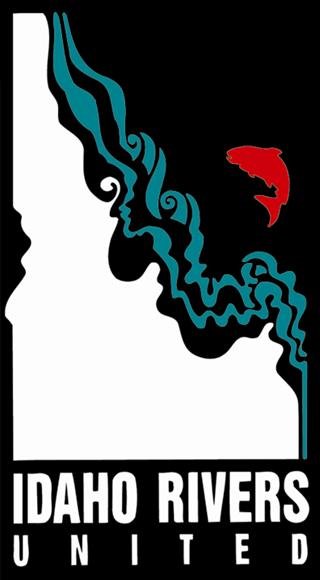BPA Should be Leaning in on Salmon Recovery, not Attempting to Absolve Responsibilities
Lower Granite Dam, Washington
For anyone following our work related to salmon and steelhead recovery and the lower Snake River Dams, you undoubtedly know that this summer has delivered some incredibly disappointing setbacks. In June, the Trump Administration abruptly withdrew government support from the Resilient Columbia Basin Agreement (RCBA), a comprehensive regional partnership aimed at addressing imperiled fisheries and outdated management of the hydrosystem. This agreement was the result of years of collaboration and negotiations between Tribes, States, and the Federal government to meaningfully move forward and address this critical issue.
Now, all stakeholders, and most importantly, fish, are left once again in limbo with the threat of extinction more serious than ever. While we are extremely disappointed by this development, we are not deterred from continuing the fight. While we continue to evaluate next steps in response to the rescission of the RCBA, we’ve been hard at work applying pressure on the Bonneville Power Administration (BPA) and the Northwest Power and Conservation Council as they develop operational and mitigation plans for the future.
Over the last few months, we have been focused on the Northwest Power and Conservation Council’s ongoing work to update their Fish & Wildlife Program and Power Plan. Both of these documents inform how these regional managers, such as BPA, fulfill Power Act obligations to efficiently generate power and “protect, mitigate, and enhance” fish and wildlife populations impacted by the construction of dams. With the previous progress made through the collaborative RCBA scuttled, the pending plans will be more important than ever, as they set the course for future management and the mitigation measures required by BPA specifically.
Recent actions by BPA have highlighted both the agency’s disregard for salmon and steelhead recovery and a straying from the obligations outlined in the Northwest Power Act of 1980. This comes at a time when close collaboration between State, Tribal, and federal co-managers is critical to ensuring consistent funding and appropriate consideration for salmon recovery work, while continuing to imagine a transformed energy system that allows for healthier rivers and fisheries in the Columbia Basin.
BPA has in practice prioritized the marketing of hydropower at the expense of salmon and steelhead runs in the Basin. As relates to Idaho’s Snake River salmon and steelhead, this has meant a refusal to proactively plan for meaningful change to the status quo hydrosystem that has failed salmon, Tribes, and fishing towns. More broadly across the Columbia Basin, the agency has for years flat-lined funding for fish and wildlife mitigation projects, forcing fisheries managers to stall projects and vital monitoring and evaluation efforts.
Recently, rather than seeking to align with the expertise of fisheries managers in the Fish and Wildlife Plan amendment process, BPA has sought to abandon long-held abundance and survival metric goals for salmon and steelhead. This is yet another clear signal that the agency is attempting to absolve itself of its legal obligations to “protect, mitigate, and enhance” salmon and steelhead stocks at the very moment when regional leadership and cohesion is critical for the fish.
With federal leadership and investment in the region via the RCBA being withdrawn, it is critical that regional sovereigns and federal agencies such as BPA coalesce around a Fish and Wildlife Program that holds the region accountable on making meaningful progress towards abundant populations of salmon and steelhead. BPA must provide fish and wildlife equitable treatment and consideration in power generation decisions, including envisioning large-scale changes to the hydrosystem.
If you have not done so already, please take a moment to sign our petition demanding that BPA proactively plan for the replacement of the Lower Snake River dams and meaningfully change a hydrosystem that has devastated anadromous fish populations within the Columbia and Snake River Basin.


